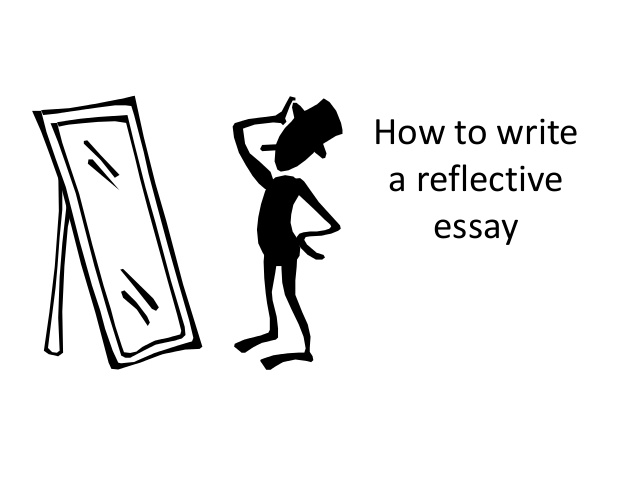Best Guide to Reflective Writing
Reflective writing is your response to events, opinions, experiences or any new information. It is the writing which gives response to the feelings and thoughts. Reflective writing can explore your learning process. With the reflective writing you can also enhance your knowledge. You can get clarity about the concept you are learning through the reflective writing. It is also the best way to enhance your writing skills. Let us discuss how you can do this reflective writing.
- Get a clear view of your concerned task –
It is very important to clarify what you want to do actually. Reflective writing spans to variety of forms. Hence you have to set an outline of your task. Ask questions to your guide or teacher and get all the particulars of the task needed to be considered. - Decide the form of submission –
Now it is time to find out the form in which the submission is to be done. It may be in the form of a folder, a book or a complete bunch of researched paper. Also confirm whether you can add images, diagrams and statistics in the writing or not? - Discover the idea –
Before you start the reflective writing, you must be ready with your idea in your mind. So build up a map of your idea in your mind to reflect perfectly. Building such map of idea is called as ‘Mind mapping’. It is a technique which expands your thinking ability. It gives a particular structure to your ideas and makes the connections. You can use this mind mapping technique to do planning of your assignments. You can arrange your items for creating a structure.
Reflective Writing steps
- First write down the topic on a blank page in centre of it.
- There may be ideas which radiate from this central topic. Write those ideas as the branches. Whenever you want to start with new idea, always start from the centre. You must add new ideas, theories of experts, experiences, authors which are related to your central topic.
- You have to maintain flow of your writing. You should quickly map and write without taking any pause.
- You can circle the main idea or the key point to analyze their relevance with the central topic. Never try to do any editing at this stage.
- You can now map relationships among the key points and ideas you circled. Use different colors, arrows and lines to show the connectivity. You can also use phrases as the links.
Reflective writing is all about thoughts. Hence it can be referred as a subjective writing. You can be creative with your writing. Personal touch to writing can add to it. You don’t have to limit yourself to the academic theories you gathered. You can comment on the basis of your experiences. Explain the answers of what who and when to describe the topic in your reflective writing. You should also add the answers for why, what if and how to detail the analysis of concerned topic. You can ask for help from one of the most trusted reflective essay writing company. OnlineAssignmentsHelp.com gives you top quality writing services.



